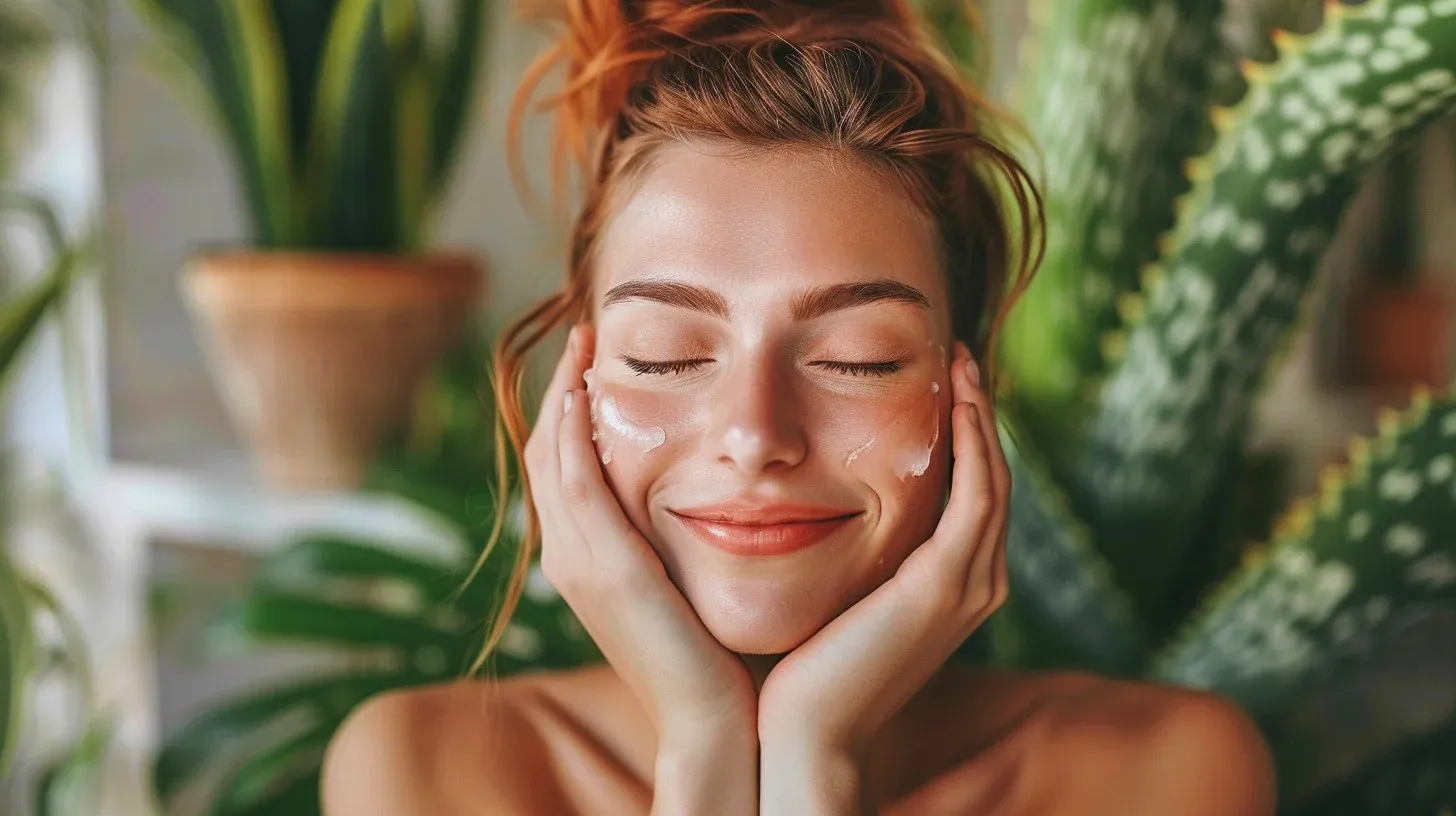Being a pro at buying makeup is as easy as ABC! All you need to do is, simply understand some makeup rules and then you are good to go. Choose makeup products like a pro and rule the glamour world!

Foundation Rules
We have some foundation rules for you! Keep these in mind and then you will free yourself from stressful makeup shopping!
Consider Your Skin Type
Base your foundation on your skin type. Skin can be normal, oily, dry, or mixed.
- Normal skin works well with mostly any type of foundation.
- Oily skin usually does best with powder foundations.
- Dry skin can benefit from tinted moisturizers.
- For mixed skin, liquid, cream, or mousse foundations are usually a safe bet.
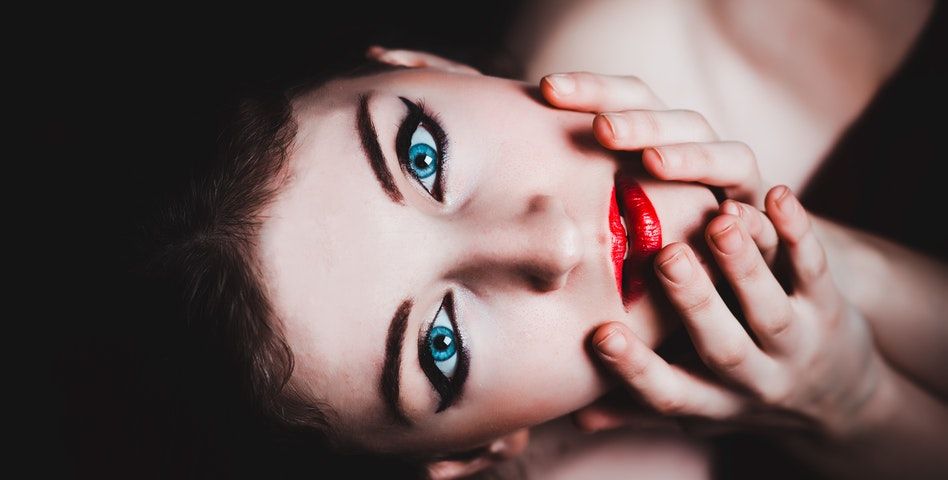
Foundation Colour Rule
Choose your foundation shade. For this you'll need to test the product in person. Using tester products, apply a small amount of foundation to the back of your arm, which will usually be a skin shade close to that of your face. Also apply dabs of foundations a shade lighter and darker than the one you think will be your match. Once they've dried, see which shade matches closest to your skin. If you're torn between shades, err to the lighter shade
EyeLiner Rules For You!
Pick your eyeliner. There are a few types of eyeliner you can choose from.
- Pencils are easiest to use and blend well with eyeshadows.
- Powder gives a softer look, and the size and shape of the line is as easy to control as changing your brush.
- If you're looking for a smooth, sharp, or dramatic look (and you have a steady hand) liquid eyeliner could be the right choice.
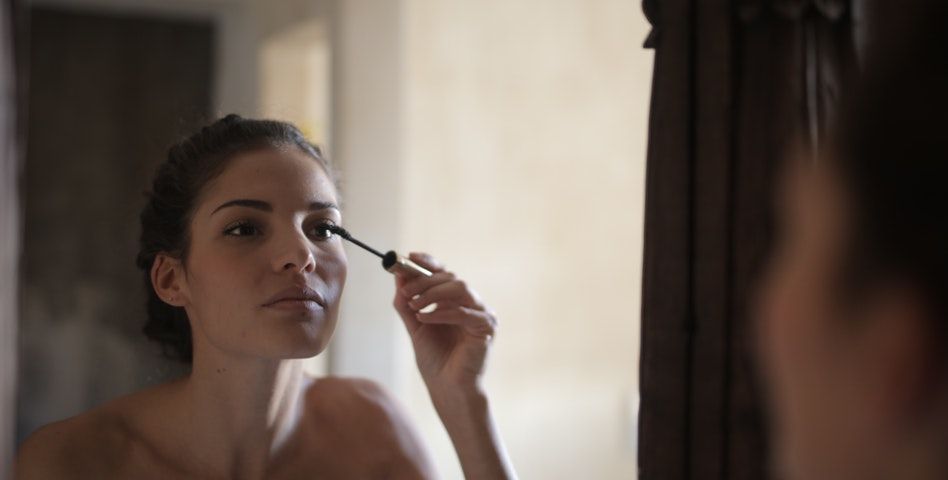
Eye Shadow Rules For You!
Decide your eyeshadows. Shadows can be based on eye color or skin shade.
Category One: Dark Eyes!
- Brown eyes match well with purples, blues, and metal colors such as copper, silver, and gold.
- For blue eyes, try cool colors, dark browns, or oranges.
- For green eyes, you may find smoky grays and charcoals, plum, violet, beige, or tan to be a good fit.
- Vibrant colors are best for darker skin tones, but be sure to avoid ashy and white shades.
Category Two: Light Eyes!
- For hazel eyes, dark purples, yellows, and greens work well, but not blues.
- When it comes to pale skin, avoiding darker and smokier colors is best; go with light earth tones.
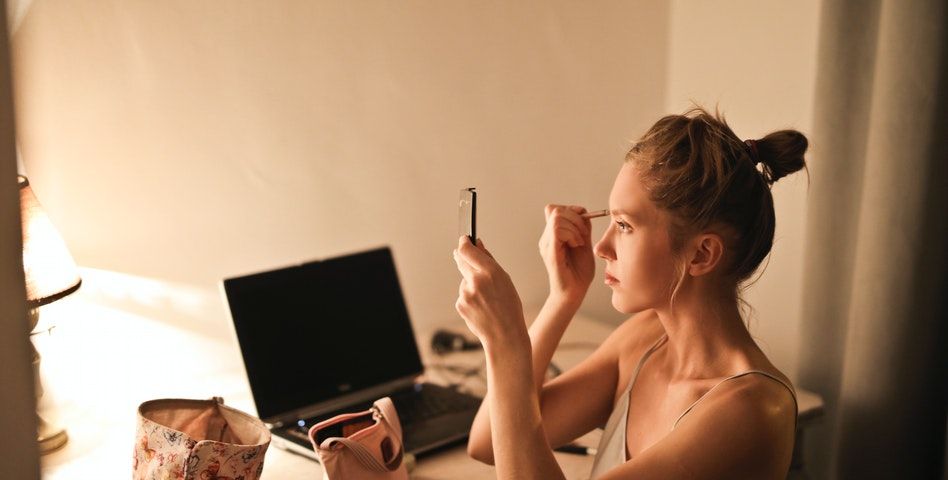
Blush Diaries For You!
Figure out your best blush through the following points.
- Pale skin is easily complemented by light pinks and peaches
- Medium skin suggests using rosy pinks and darker peach shades
- For dark skin rose shades and deep oranges are great choices.
Lip Colour Rules
Get your lips just right. The simplest method of choosing a lip color is going with a shade a couple shades darker than your natural lip shade.
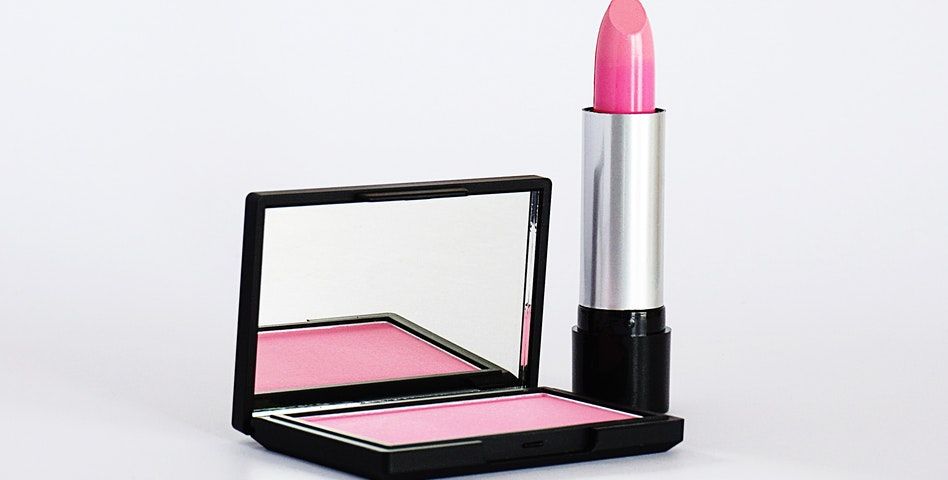
- If you want to go red, remember that for pink skin tones cherry reds fit well, for olive skin tones firetruck reds work, and for darker skin tones deep reds are the way to go.
- If you want more options, pale skin pairs well with apricots, pinks, and creams; medium tones can wear roses and berries well; dark skin can be beautifully accented with dark browns or deep or vibrant purples.
Additional Tips & Tricks
Two points, valuable guidance! Dear make-up enthusiasts, we have two golden tips for you to rock and roll, but wisely!
- You don't need to break the bank buying the most expensive brands, but buying the cheapest makeup comes with risks. You get what you pay for.
- Always test makeup before purchasing to make sure it's the shade and texture you prefer and that your skin doesn't react poorly to the product.
Important Information: Why Is Skin Tone Important?
Everyone’s skin tone is different, so it can be tricky to fit your own skin tone into an overarching classification that doesn’t take its nuances into account. But for the sake of color matching, it’s important to understand how brands break this down. There are different undertones and various shade categories that companies bucket their complexion products into. But the first step is to begin with the basics. Start by identifying what general category your skin tone falls under: fair, light, medium, tan or dark (sometimes also called deep). It’s best to do this during a time when you won’t have extreme sun exposure or weather conditions that could affect your skin tone. Keep in mind that different brands will have different names for these categories, but they’ll encompass the same traits.
Identify The Undertone: Method 1
When it comes to finding makeup that matches your skin, your undertone (the hue that comes through your skin and affects its overall color) plays a large role. To identify your undertone, start by taking a look at the veins on your wrist. If they appear blue or purple, you’re cool-toned, while green veins indicate warm-toned skin. If you can’t make this color distinction for your veins, you likely have neutral undertones.
Identifying The Undertone: Method 2
Another method is to consider what color jewelry looks best on you. Do you steer toward silver or gold jewelry? If gold complements your skin tone the best, you’re warm, while looking good in silver indicates cool undertones. If you’re an equal fan of both, you may have neutral undertones. Once you’ve identified your skin tone and undertones, go ahead and browse at foundation ranges. You’ll notice that most brands have a method of breaking down both the shade category and undertone to help you find your best match.
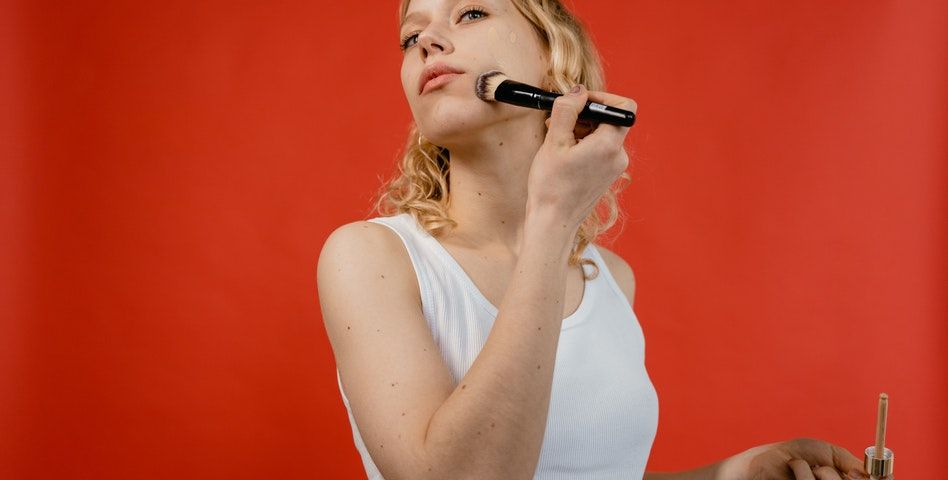
Golden Method Number 3
For many people, one of the most accurate ways to find your match is to test it out on your jawline. Your jawline tends to lack redness that other areas of the face are prone to, so it can be a great place for determining your shade. However, if you have hyperpigmentation on your jawline, skip foundation matching in that area and opt for another area on your face that can match your overall complexion better.
Conclusion
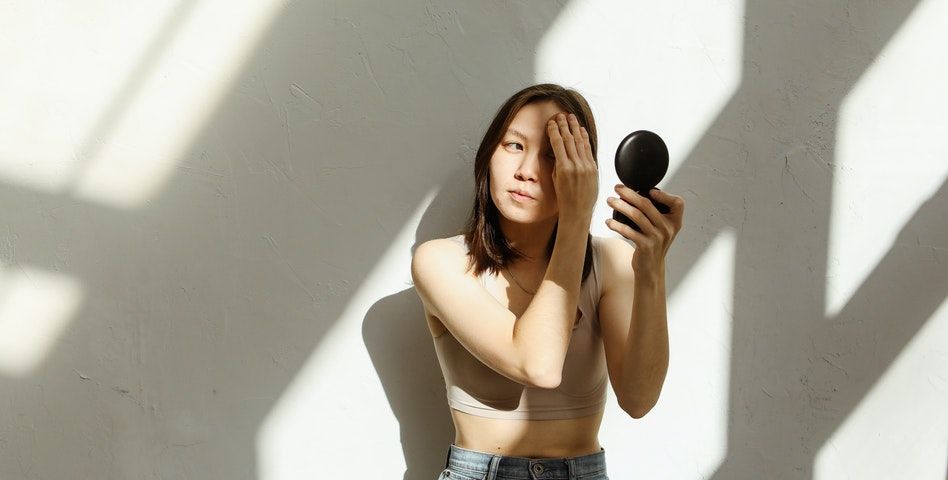
Well, before you spend your money on makeup products that do not look pretty on you, it is better to act wisely. So, take help from this blog and think of the best that you can do while make-up shopping. ColourPop is the best spot to search for the makeup essentials that enhance your look and add on to richness.




